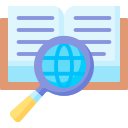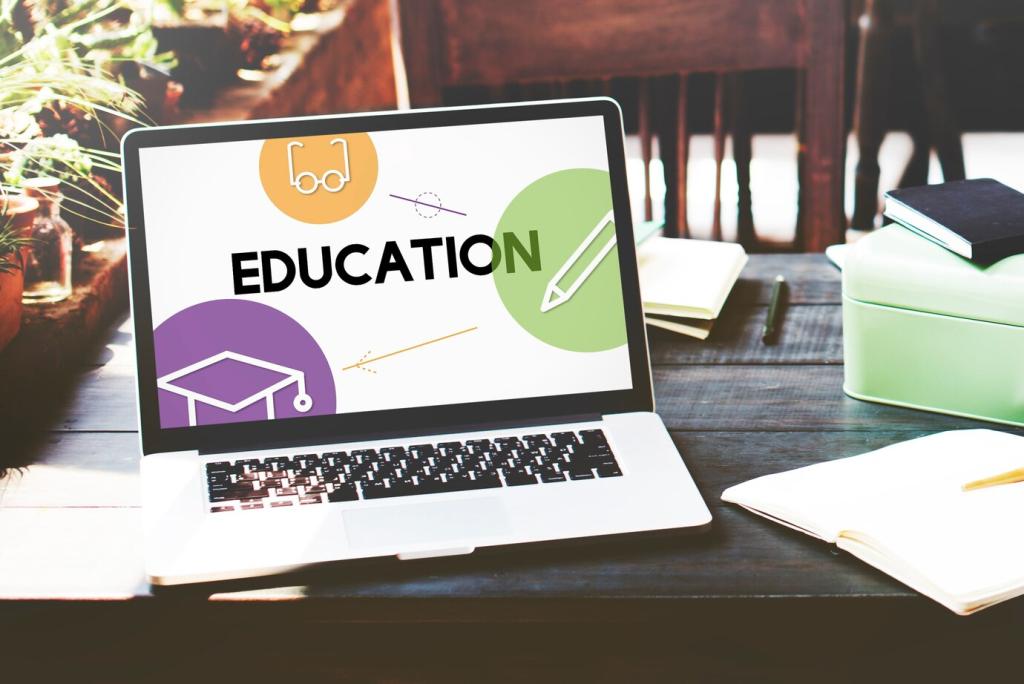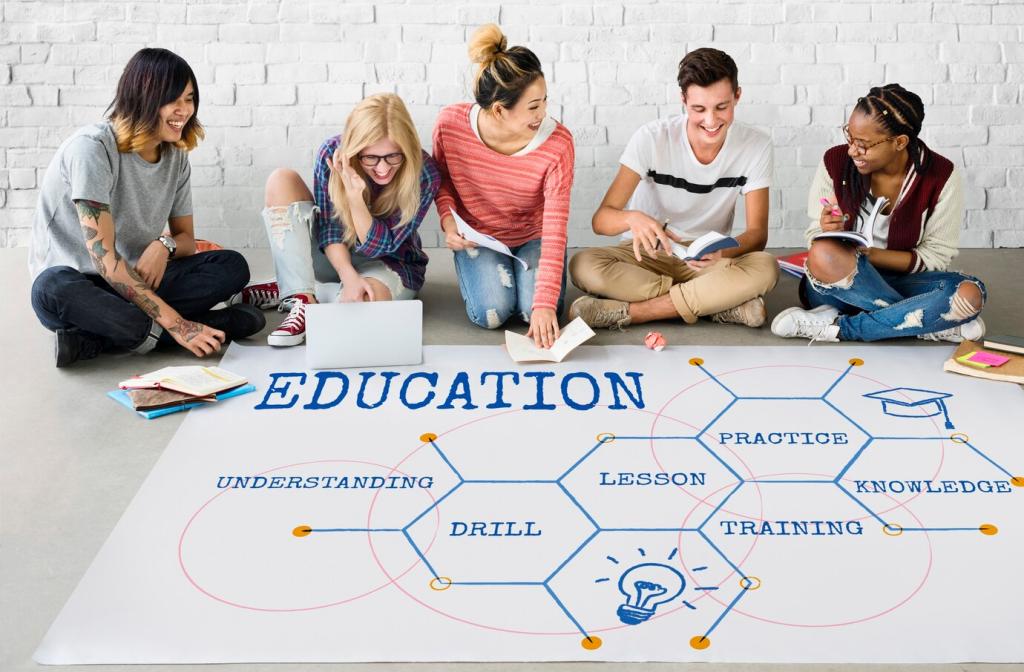Scope and Depth of Knowledge
Encyclopedias excel at giving clear, concise overviews with reliable definitions, historical context, and cross-references that quickly map a subject’s landscape. When you need orientation before diving deeper, they shine. Tell us which encyclopedia entry saved you hours of aimless searching.
Scope and Depth of Knowledge
Textbooks and courses deliver sequenced progression, prerequisites, and problem sets that train endurance and conceptual mastery. They often include proofs, case studies, and cumulative assessments. Share how a well-structured syllabus transformed confusion into confidence during a tough semester.





